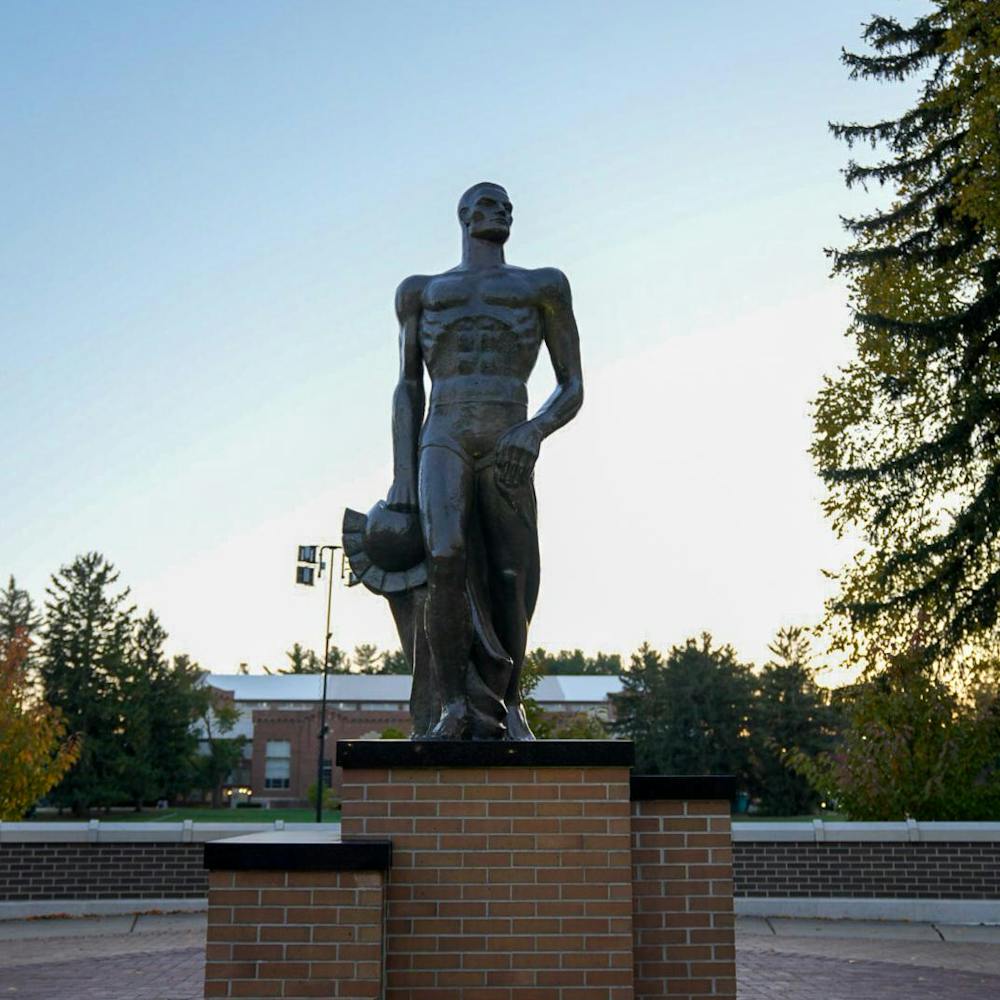MSU alumnus Darin Gross created the Booklify book exchange site. Post-graduation, Gross expanded his Spartan start-up company, reaching over 4250 students at six Michigan universities, including MSU.
With an idea to improve the buying-and-selling process of books on campuses, Gross started Booklify in 2012, a website with the mission to deliver the best prices for textbooks for students.
“One of my buddies and I shared the same major, while at MSU, and we couldn’t even communicate what books we were selling,” Booklify founder and CEO Darin Gross said. “I found out afterward that he sold one of the books I needed back to the bookstore for $10 or $15 and I bought it from the bookstore for $80.”
Gross said he was frustrated with the bookstore, especially after he discovered him and his friend could’ve split the $80 book price down the middle, benefiting them both.
“He could’ve gotten more money back for his book and I could’ve spent way less on it,” Gross said. “I knew there needed to be some form of communication among a university before they reached the bookstore.”
The process
Annie Thurber, junior advertising major and MSU Booklify representative, said not only does Booklify allow students to purchase books at the cheapest prices, but it also puts students in contact with other students on their same campus, who are selling a book they’re in need of. This way, Thurber said they can discuss where to meet up to do the exchange.
“Booklify eliminates the middle-man and makes it a lot cheaper, more convenient process than waiting for a book online, or not knowing the quality of the book that you order online,” Thurber said. “This gives students a way to connect and on the website it just says you could meet up at the library, a local coffee shop, just places that are neutral.”
When signing in through Booklify, Thurber said one must verify their MSU email and also verify their identity through Facebook.
“This way, it’s not like you’re meeting up with a stranger,” she said. “You’re meeting up with someone, who could be a familiar face, or a Facebook friend, or someone who you could have a mutual friend with, or someone who you could have a class with.”
Improvements
This year, Gross said, he’s noticed more and more students no longer have a Facebook, or are unable to remember their Facebook password.
“We thought Facebook accomplished the goal of having a friendlier environment and it did, but now, there are so many social media platforms and not everyone uses Facebook,” Gross said. “But we are working on changing that requirement for next semester, so students can sign up with just a university email and password.”
He said the university email should still confirm that the user attends the university.






